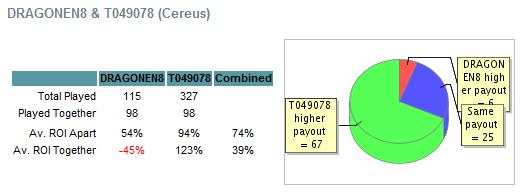Gambling and betting are activities as old as competition itself – some say as old as humanity. Humanity’s perception of gambling has changed a lot through history, though. Although the activity itself is still very popular, it has often been deemed immoral, illegal, or even a sin. And, as most laws are based on ancient moral codes, sometimes betting and gambling are considered illegal activities by the lawmakers of certain countries.
Canada is one of the countries where the perception of gambling in general, and online gambling in special, are a little controversial. According to the applicable laws, companies are forbidden to operate online betting and gambling companies on Canadian soil. The country’s Criminal Code is the law governing the gambling and betting activities. It forbids any gambling activities within Canada that don’t fall within the exceptions set out in the law.
Still, after 1989 – when the first commercial casino was opened in Winnipeg – a series of gambling operations were opened in almost all provinces in the country, and “video lottery terminals” and state lotteries are also operated by local governments.
One of the workarounds for Canada’s prohibitive laws are offered by the authorities of the Mohawk Territory of Kahnawake, especially when it comes to interactive gambling operations (online poker rooms and casinos). The territory, located in the east-central part of the country, offers Canadian internet gambling operators the possibility to request a license, under certain conditions – for example, to host their web operations on the servers of Mohawk Internet Technologies, a datacenter located in the territory. The licenses to online and land based operators are issued by the Kahnawake Gaming Commission.
Due to this “loophole”, Canadian citizens can still conduct gambling activities online. A list of the operators approve to conduct gambling activities on Canadian soil can be found at the Gaming Commission’s website, and more details about them are available through specialized websites like Grizzly Gambling or other similar operations. These websites usually present not just the operators – casinos, poker rooms and similar – but also the games available there (you won’t be able to play them here, but you can find a place to play them legally).
As all other industries, the one involving online gambling has its share of scammers and crooks. The Gaming Commission has strict rules assuring the fairness and correct business policies of the operators. It collaborates with various international bodies – like the eCogra, Gambling Associates, iTech Labs and others, to ensure the best and fairest gaming experience for players at the operations of its license holders.
In conclusion, betting itself is not illegal in Canada – the only thing not permitted by the laws is to operate gambling houses on the country’s territory. Thanks to the Mohawk, Canadian companies can operate from Canadian soil and not at the same time, providing their customers with the safety of working with a local company, and still be on the right side of the law.

